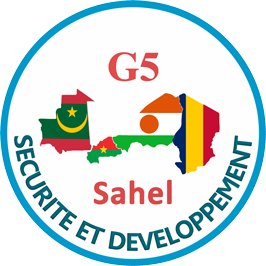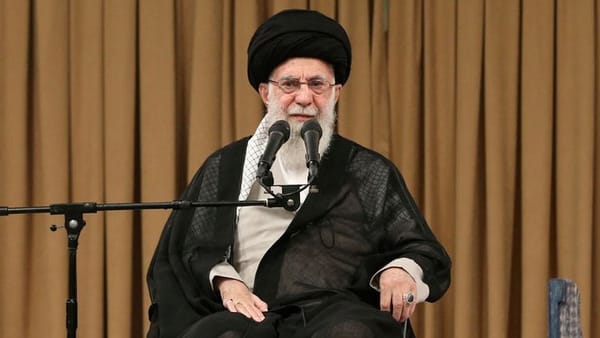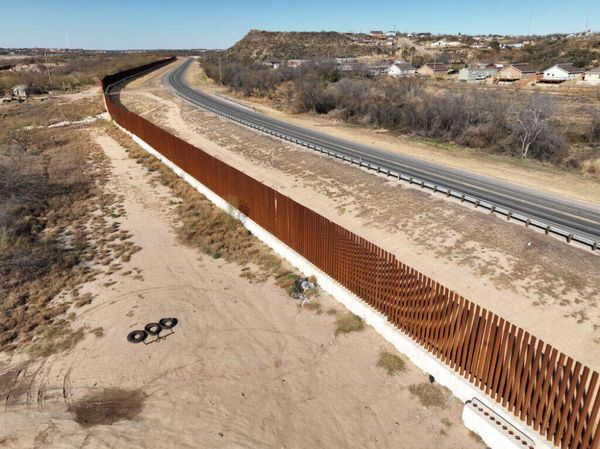Niger, Burkina Faso Follow Mali Step of Leaving the G5 Anti-Jihad Force

On Saturday, December 2, the military leaders of Burkina Faso and Niger announced their decision to withdraw from the G5 anti-jihadi force in the Sahel region of Africa. This move further weakens efforts to combat insurgents in this troubled area.
The G5, established in 2014, has not achieved significant success, as Mali also left the original five-nation force last year following a military coup. In 2017, the leaders of the five countries agreed to deploy a joint anti-terror task force supported by France.
However, the military rulers of Burkina Faso, Niger, and Mali have criticized Paris for exerting excessive influence due to years of French military presence on their territories. Burkina Faso and Niger state that they have made the independent decision to withdraw from all aspects of the G5 Sahel, including the joint force, starting from November 29.
The countries said, "The organization is failing to achieve its objectives. Worse, the legitimate ambitions of our countries, of making the G5 Sahel a zone of security and development, are hindered by institutional red tape from a previous era, which convinces us that our process of independence and dignity is not compatible with G5 participation in its current form."
They indirectly mentioned France and emphasized that the G5 Sahel should prioritize the welfare of their people over foreign interests. They also criticized any partnership that undermines their sovereignty and treats them as inferior, like children.
Burkina Faso, together with Mali and Niger, has supported each other's military efforts. They have recently come together to establish an Alliance of Sahel States, which aims to strengthen economic relations and provide mutual defense assistance.
The military regimes in these countries have formed strong alliances to resist international pressure for a prompt restoration of civilian governance and to combat the ongoing jihadi insurgencies. Currently, the G5 consists of Chad and Mauritania, as they receive significant financial support from the European Union for their military operations.





